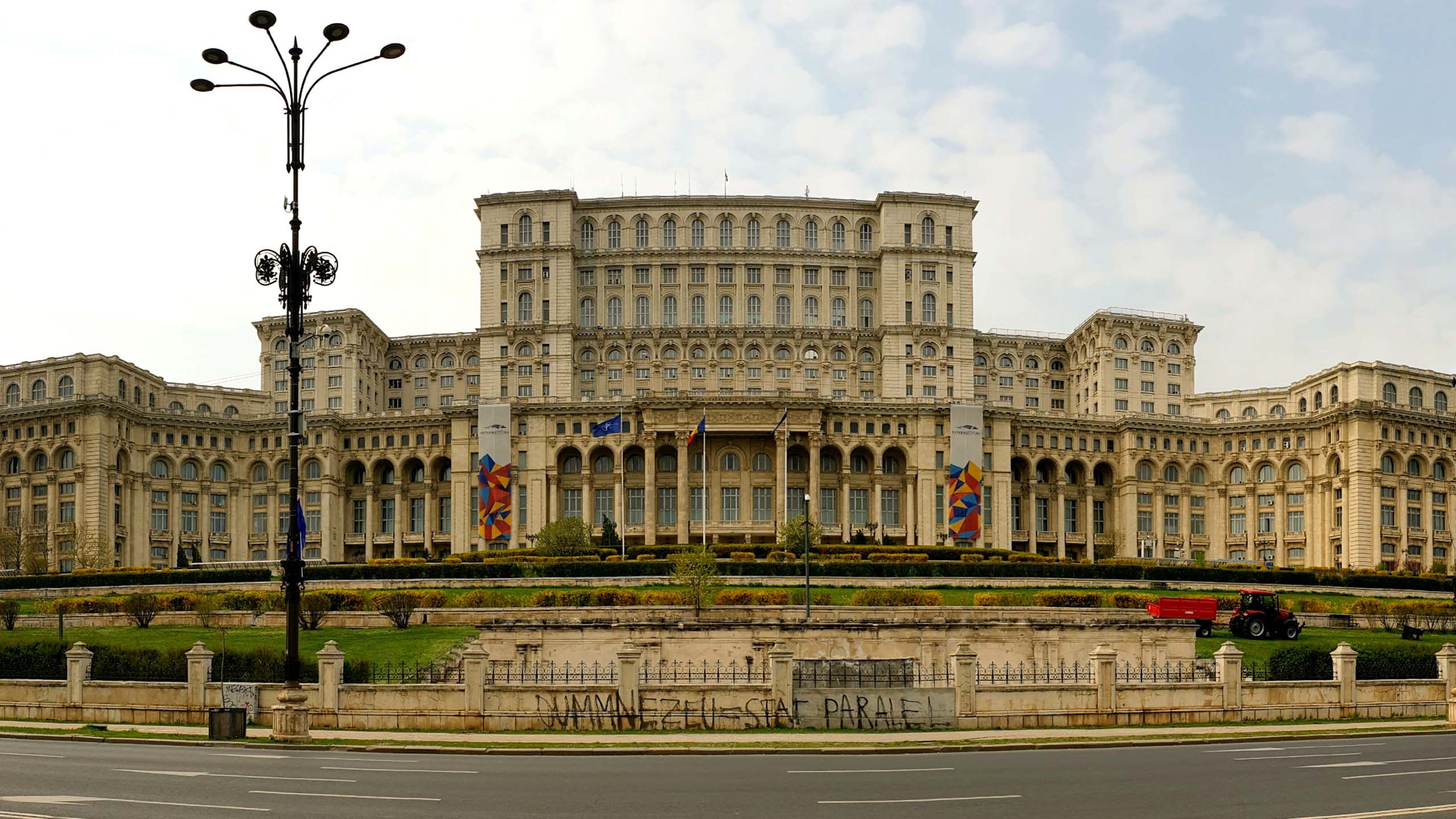Following the lead of Hungary and Russia, Romania’s Senate passed a bill last week that would ban so-called “gay” propaganda in schools.
Lawmakers from the nationalist party Alliance for the Union of Romanians (AUR) and the ethnic Hungarian coalition group the Democratic Alliance of Hungarians in Romania (UDMR) pushed the bill, whose proponents claim it would protect children from abuse. If made law, the bill would prohibit materials the government views as promoting homosexuality or trans identities in schools.
Romanian human rights organizations immediately condemned the bill, calling for the parliament’s lower house, the Chamber of Deputies, to reject it.
“Romania must avoid the illiberal drift promoted by Hungary through such measures which were received harshly by the European Union,” the Romanian LGBTQ+ advocacy group ACCEPT told Reuters. “Adopting explicitly homophobic and transphobic legislation by censoring information about sexual orientation and gender identity is a shame on Romania.”
MozaiQ, another Romanian LGBTQ+ advocacy group, added that the bill in Romania would restrict public events and promote anti-LGBTQ+ censorship.
Romania’s gay propaganda bill comes a little under a year after Hungary passed a similar law outlawing the sharing of information perceived to be pro-LGBTQ+ with minors. The law bans advertisements and children’s TV shows from depicting LGBTQ+ people and allows only state-registered individuals and organizations to teach sex education. In the months prior to the law’s enactment, Hungary had barred same-sex couples from adopting, and ended legal recognition for trans people.
“Romania must avoid the illiberal drift promoted by Hungary.”
Both Hungary’s law and the new legislation in Romania both resemble a law Russia passed in 2013 that bans minors from accessing materials that depict “non-traditional sexual relations.” The law’s vague wording effectively outlawed LGBTQ+ activism and incited violence against LGBTQ+ Russians.
Despite the stated intent to protect children, Russia’s anti-gay “propaganda” law actually harmed LGBTQ+ youth. Since the law’s enactment, a 2018 Human Rights Watch report found that LGBTQ+ youth faced a hostile and sometimes violent school environment, along with a lack of resources to deal with the abuse. One mental health provider said that they were “not allowed to speak positively” on LGBTQ+ issues and that they were prohibited from telling LGBTQ+ kids that they are “normal.”
It’s unclear whether Romania is prepared to go down the same route, but the country has a mixed history with LGBTQ+ rights. The early 2000s saw the former Soviet republic decriminalize homosexuality and outlaw discrimination on the basis of sexual orientation. LGBTQ+ people can serve openly in the military, and there are currently no laws in place that censor LGBTQ+ media or advocacy.
There have been threats to this progress, however, particularly around same-sex marriage, which the country does not recognize. The Coalition for Family collected three million signatures in favour of a 2018 national referendum banning same-sex marriage, which won the support of former Rowan County, Kentucky, clerk Kim Davis. Davis was jailed for five days in 2015 for refusing to marry same-sex couples in defance of the Supreme Court’s marriage equality ruling.
Although the referendum failed due to a lack of turnout, this may not be a sign that the country has overcome its widespread homophobia. A 2020 poll from the World Values Survey found that three-quarters of Romanians (75 percent), homosexuality was “not justifiable,” and only 26 percent of Romanians are in favour of same-sex marriage, according to a 2018 poll from the Pew Research Center.


 Why you can trust Xtra
Why you can trust Xtra


